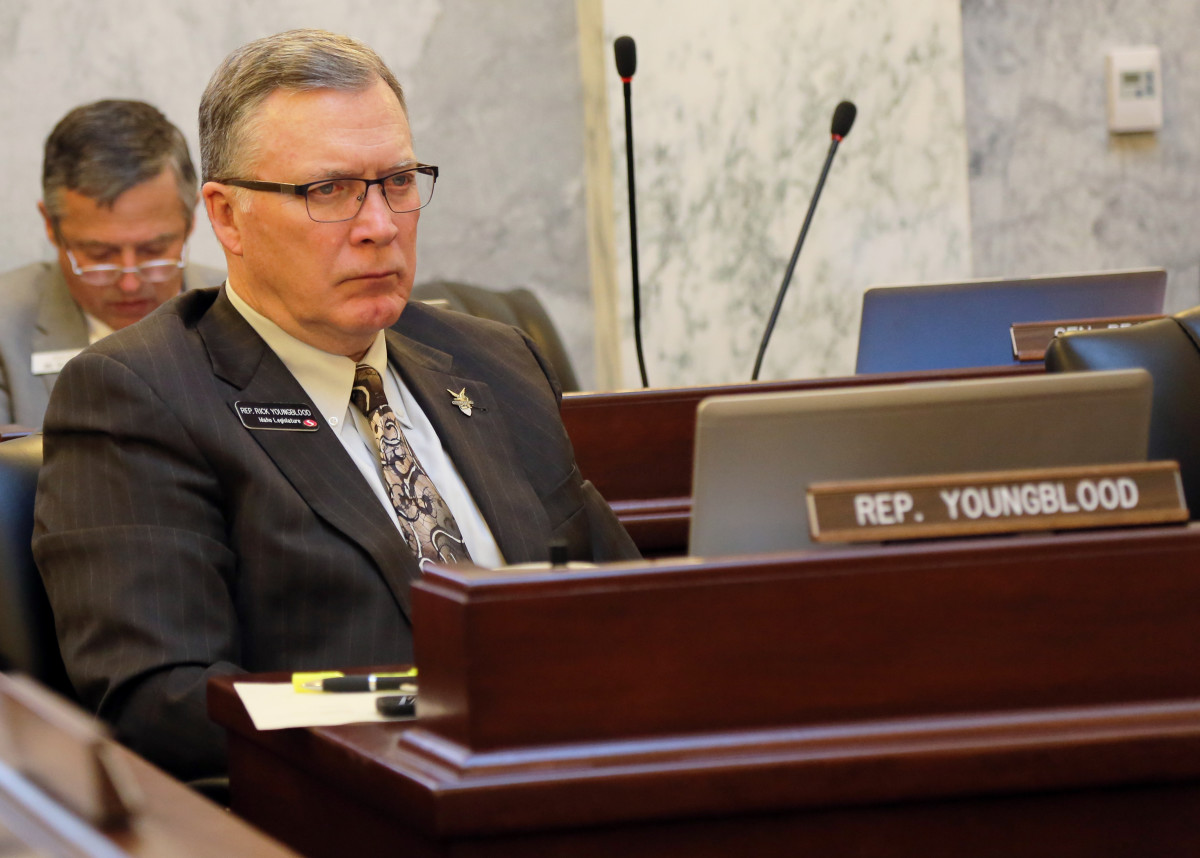State superintendent Sherri Ybarra spent much of Thursday morning talking about mastery-based learning — pushing the narrative of a groundswell.
School administrators want to make the move, she said, and she has a waiting list of would-be mastery schools. Other states want to follow Idaho’s lead, and Ybarra says she gets calls from fellow state education leaders who want her counsel. And she said students want mastery — moving through school based on what they know, not how much time they spend at a given grade level.
“They want that flexibility,” Ybarra told the Legislature’s budget-writing Joint Finance-Appropriations Committee. “They want to take responsibility for their learning.”
Ybarra wants money for mastery education, doubling the budget to $2.8 million. And she wants to get rid of the cap on mastery “incubators,” so she can move some schools off the waiting list. But mastery could be a long-shot battle for a state superintendent who has had limited success getting her agenda through the Statehouse.
Ybarra won a second term in November — and on Thursday, she had her chance to make her fifth budget presentation before JFAC. In past years, she has used JFAC as a podium to float various ideas.
In 2015, the newly elected Ybarra talked about a statutory cap on kindergarten through third-grade class sizes, an idea that never materialized.
From 2016 to 2018, she lobbied to create clearinghouses to help rural schools pool their resources. Over three years, support dwindled for the rural center idea, to the point that it died on the House floor on an embarrassing 48-20 vote. Ybarra did not even seek rural center funding this year.
And on Thursday, Ybarra advocated for her assortment of line items on school safety, starting with $18.5 million in one-time grants. JFAC members didn’t ask a single question on Ybarra’s Keep Idaho Students Safe proposal, essentially giving KISS the kiss-off for this year.
None of which bodes well for mastery. But afterwards, Ybarra exuded confidence.
“There was a lot of positivity in the room,” she said.

She had one vocal ally. Rep. Scott Syme liked the idea of growing the program from 19 incubator sites to 40, and grilled Gov. Brad Little’s budget staff about the mastery budget.
Gideon Tolman of Little’s Division of Financial Management restated the governor’s support of mastery. But Little decided to freeze the mastery budget at $1.4 million, so his new education task force could have a look at the idea. The freeze allows Little to put finite dollars into more “pressing” priorities, Tolman said.
That response didn’t satisfy Syme, R-Caldwell.
“I don’t know that there’s any more pressing need than to have good, qualified workers coming out of our education system.”
Ybarra isn’t building a mastery program from scratch. The idea came from former Gov. Butch Otter’s K-12 task force in 2013, and the program has a $1.4 million budget.
Growing beyond a baseline has proven challenging.
Last year, a skeptical and nearly unanimous Senate Education Committee killed Ybarra’s bill to lift the cap on mastery schools.
And a couple of key JFAC members aren’t ready to support a funding increase.
Rep. Wendy Horman liked Ybarra’s emphasis on individualized learning, but she is withholding judgment on expanding mastery. The Idaho Falls Republican is waiting on a report, due in early February, examining the pilot program to date. JFAC requested the study a year ago.

“There was some concern from the Legislature as a whole,” said Horman, JFAC’s House vice chairwoman, who plays a lead role in writing the K-12 budget bills.
After Thursday’s hearing, JFAC House chairman Rick Youngblood made his preferences clear.
“I think the governor’s budget is just fine,” said Youngblood, R-Nampa.
More reading: A full report on the Ybarra budget presentation — and how her request differs from Little’s budget.
